
The Bank of Ghana(BoG) will today auction the first of three dollar auctions for this year to commercial banks in the country as part of moves to stabilize the cedi.
The 1.8 billion dollar proceeds which are from the cocoa syndicated loan, will be embarked on this morning with a volume target of 20 million dollars.
In the three auctions, the central bank is expecting to give out 60 million dollars.
Meanwhile according to rules guiding the auction, only authorized Foreign Exchange Dealing Banks will be allowed to partake.
The auctions will also be limited to purchase or sale of the United States Dollar (USD) against equivalent value in the national currency – Ghana Cedi (GHS).
The quotation of rates for bids placed in the auction shall indicate the equivalent value in the national currency (Ghana Cedi/ GHS), expressed against one unit of the USD quoted up to 4 decimal places.
Under the auction, each bank is permitted to submit a maximum of [3] bids in the auction, quoting their desired amount and at their freely determined exchange rate as per quotation convention.
The minimum bid size is US$500,000 and in multiples of US$250,000, and expressed in numbers.
Maximum bid size of a single bid shall not exceed ten percent (10%) of the announced auction target.
Meanwhile the cumulative volume of all bids from any single bank shall not exceed twenty percent (20%) of the announced target for the auction.
According to the regulations, authorized Banks shall submit their bids via a secured BOG Page on the Reuters Terminal or through a designated email in the approved format provided by the BOG.
A statement from the Central Bank said the auction is “to ensure a well-functioning foreign exchange market and to further develop the foreign exchange market within the financial system of Ghana.”
Reacting to the development, some financial observers have stated that the regulations guiding the process may put excess pressure on the banks.
According to Economist, Dr. Ebo Turkson, though the move may have a positive impact on the FX market in the short term, it may not be sustainable in the long term.
“Even though a central bank can intervene to keep the exchange rate in check, as to actually it will hold in check the rate at which the currency depreciates, I cannot tell,” he opined.
Dr. Turkson added, “This is an indirect way that the Central Bank wants to control the price not through the demand offer but pricing through the price of the auction.”
–
By: citibusinessnews.com/Ghana
Read Full Story

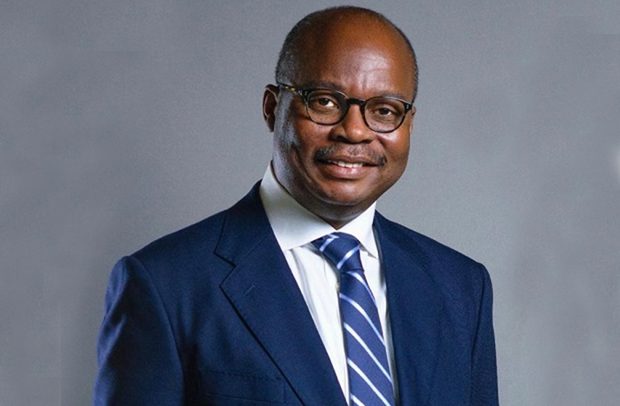
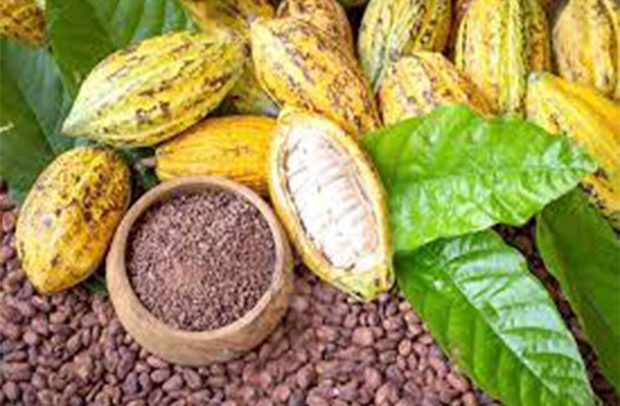




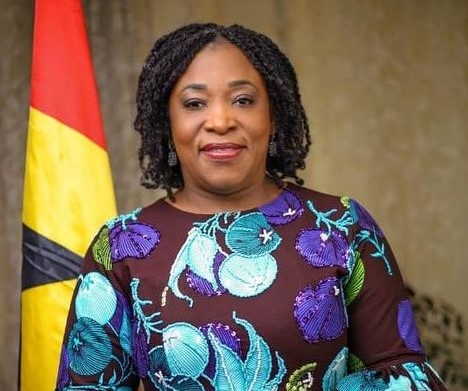


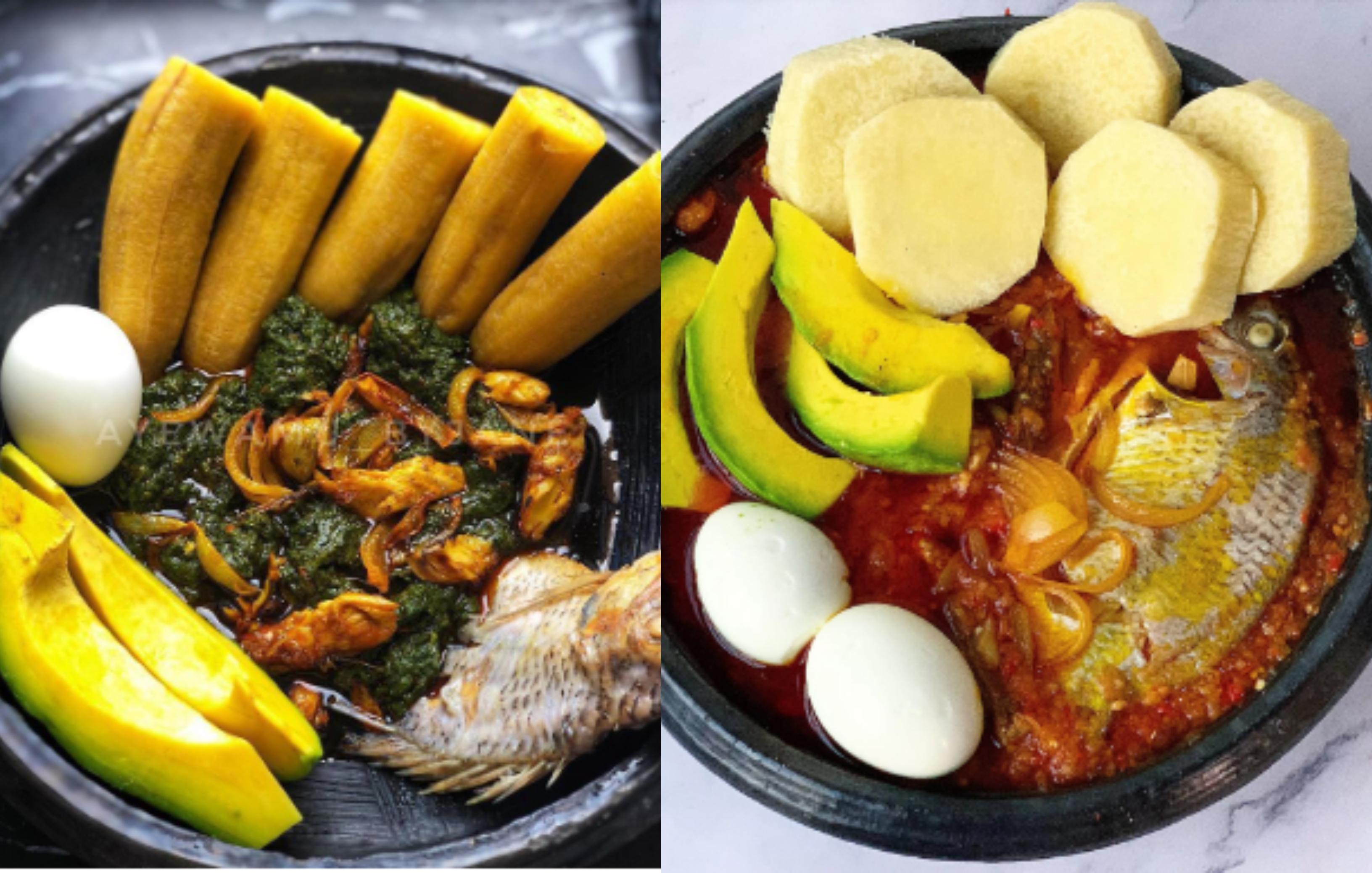
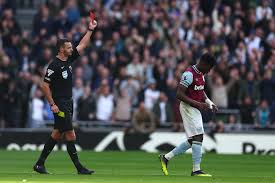




Facebook
Twitter
Pinterest
Instagram
Google+
YouTube
LinkedIn
RSS